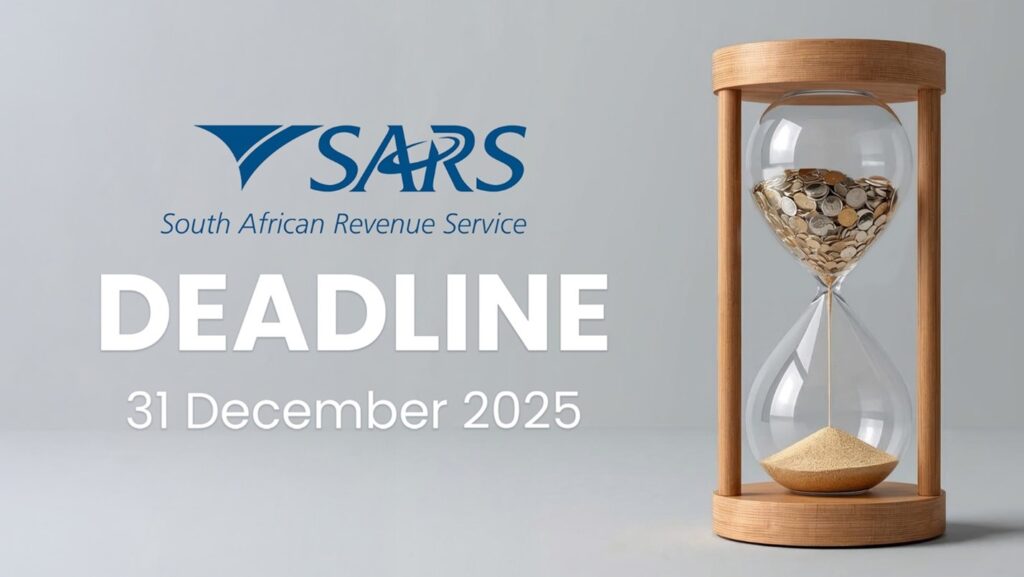Our Top Tips for Communicating Price Changes
Our Top Tips for Communicating Price Changes.
People don’t mind price increases as much as they mind surprises.
- Robert Cialdini, Psychologist and Business Author

Price changes are part of running a business at this time of the year, and generally one of the first things business owners consider when they return to the office. Many owners, however, still treat increases as a last resort and/or fear making them – even when rising costs make them unavoidable. Here are our tips for increasing prices in the most effective (and least disruptive) way.
Costs go up and so do prices. And yet most businesses raise prices later than they should. A global study by Simon-Kucher found that less than a quarter of companies adjust prices multiple times a year as needed, with almost 30% discussing price changes only once annually, and 26% waiting for new customer tenders or contract expirations. By the time owners take action, margins are stressed and the communication feels rushed. This is unfortunate, because studies show that a thoughtful considered, and timeous approach is the difference between a customer accepting a change and walking away.
“We’ll lose customers if we raise prices”
This fear is common, but it’s not grounded in the research. Studies from the Harvard Business Review note that when customers leave after a price change, it’s usually because the business has stayed quiet about the reason. Silence erodes trust. People assume the worst, even when the increase is modest. The same study revealed that most customers accept changes if they still see value and understand why the adjustment exists. Communication is key. Your customers should know what costs shifted and what value you’ve added. Keep the message simple enough that a customer could repeat it back without confusion.
“Customers won’t care about the reason”
Owners often assume customers ignore explanations. Evidence says the opposite. Research from McKinsey & Company found that when companies explain the drivers behind price changes, such as rising input costs or service improvements, customer trust remains stable, even when the increase is noticeable. People don’t need all the details, but they definitely do want you to add context. A short, fact-based explanation helps them understand that the decision wasn’t arbitrary or simply based on greed.
“If we apologise enough, customers will be less upset”
For many owners the first inclination is to apologise to the customer for the added pressure the price changes will have on their lives. Trying to soften the blow with an apology frames the price change as a mistake rather than a strategic choice. Customers may wonder whether the change is temporary or negotiable, thereby weakening your position. This is all backed up by researchers writing in the Journal of Service Research who note that apologies work best when something has gone wrong. You can acknowledge the impact on customers without presenting the change as an error. Aim for respectful, not remorseful.
“We should wait until the last minute to avoid backlash”
Delaying the announcement doesn’t reduce resistance, it magnifies it. Short notice announcements leave customers scrambling. If the increases catch them off guard this can lead to resentment – something that’s far more likely to lead them to change supplier than the price change itself. Giving your customers timely notice shows that you respect their planning and cash flow. You should aim to communicate price increases as early as possible. Even a few weeks’ notice can make the shift easier. Use one message delivered consistently across email, invoices, signage, and your website so there’s no confusion.
“Once we announce the increase, the conversation is over”
Many businesses make their price announcement and stop there. Whether from fear of pushback or simply a desire to not discuss it, their refusal to discuss the price changes with customers can often lead to unanswered questions, and confusion, leaving space for assumptions to grow. Studies from Gartner highlight that businesses with strong post-announcement engagement retain more clients than those who treat the update as a one-way message. You should always be prepared for questions. Have a short script or FAQ ready. Make sure your team is aligned so they answer consistently. A calm explanation helps people adjust without feeling ignored.
“The only way to justify an increase is by adding new features”
Price increases don’t always need to come with updates or added features. Often they simply reflect the realities of the economy. Businesses that fail to keep pace eventually struggle to maintain service quality and people understand that. This does not mean that you shouldn’t tell customers when price changes are related to improved offerings. Telling customers about upgrades gives them something concrete to weigh against the higher price. Under-explaining value is as harmful as over-explaining it.
“A single announcement will do”
People miss emails. They skim invoices. They forget dates. A single notice is rarely enough, even when well written. When a message is clear and consistent, customers don’t feel overwhelmed. Using multiple channels for communication has been shown to reduce complaints because no one feels blindsided. You should always aim to send your message through two or three channels, spaced out over time. Keep each version short and factual and make sure they each reflect the same message. Clarity prevents conflict.
What’s the takeaway?
Customers respond well when they feel informed rather than managed. They respond poorly when communication is rushed, vague, or emotional. When customers know the reasons behind changes, they are much more likely to stay loyal – even when the price goes up.
If you want help reviewing your pricing structure, chat to us.





























